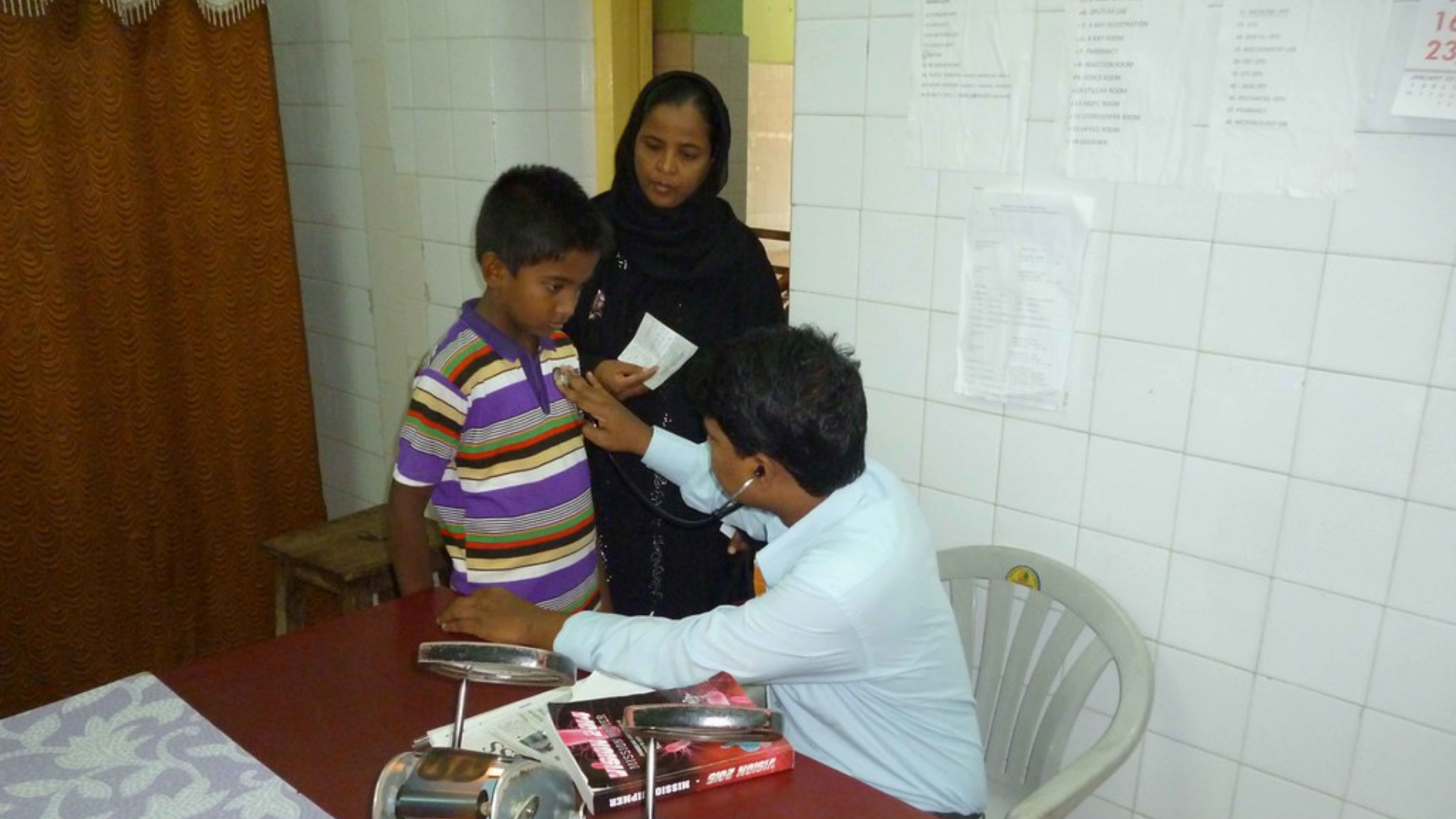Joining Forces to Fight Tuberculosis in Urban India
Two government initiatives have combined forces to fight tuberculosis (TB) in urban centers in India, which accounts for nearly a quarter of global TB cases and where urban areas have infection rates at three times the national average. Crowded living conditions, limited access to services, and overburdened public health facilities are major barriers to its elimination. The Indian government has committed to making the country free of TB infections by 2025.

With the help of SHOPS Plus, government initiatives critical to fighting TB in the state of Madhya Pradesh recently joined forces to stop the spread of infection in urban areas. The National TB Elimination Program (NTEP), established by the Ministry of Health and Family Welfare, provides universal access to quality TB diagnosis, treatment, and care. The program operates a network of primary health centers to expand access to TB services in urban regions. The ministry created the National Urban Health Mission (NUHM) in 2013 to meet the health needs of the growing urban population with particular attention to disadvantaged and low-income segments. While both the NTEP and NUHM have a common objective to eliminate TB, the two groups have not consistently coordinated with one another. The project played a critical role in facilitating their collaboration at the state, community, and health-facility levels.
Integrating TB services into the NUHM network
SHOPS Plus operationalized the NTEP-NUHM integration framework in Madya Pradesh to demonstrate how TB services could be integrated into the network and built the mechanisms and capacities to sustain the collaboration on multiple levels.
At the state level, SHOPS Plus helped revitalize an inactive committee with representatives from both groups to better coordinate activities and integrate services. The project also helped develop city action plans for five cities in Madhya Pradesh. The action plans included NTEP and NUHM working together to deliver TB services and effectively track TB data.
Working at the community level, SHOPS Plus integrated NTEP-NUHM activities into urban primary health centers. SHOPS Plus trained the frontline workers affiliated with NUHM, known as accredited social health activists (ASHAs). Project staff trained them in the basics: how to screen for TB, how to refer presumptive TB cases to testing services, and how to help patients adhere to the treatment protocol. Using NTEP guidelines, ASHAs conducted outreach to underserved areas, educated their community about TB and followed up with TB patients regularly. As a result, 95 percent of TB patients identified by SHOPS Plus completed treatment. The national average completion rate is 81 percent.
Finally, focusing on health facilities, the project helped increase lab capacity for TB testing, and support data entry into the national TB database. SHOPS Plus’s efforts to help NTEP tap into the existing public health platform to provide TB services led to positive results. The interventions increased the number of presumptive cases that were referred for testing, and also increased the number of TB-positive cases diagnosed that would otherwise have been left undetected. The commitment NTEP and NUHM made to integrating TB services into the primary care network demonstrates how collaboration can bring real benefits to the population.
For more information on the NTEP-NUHM partnership, read the brief.